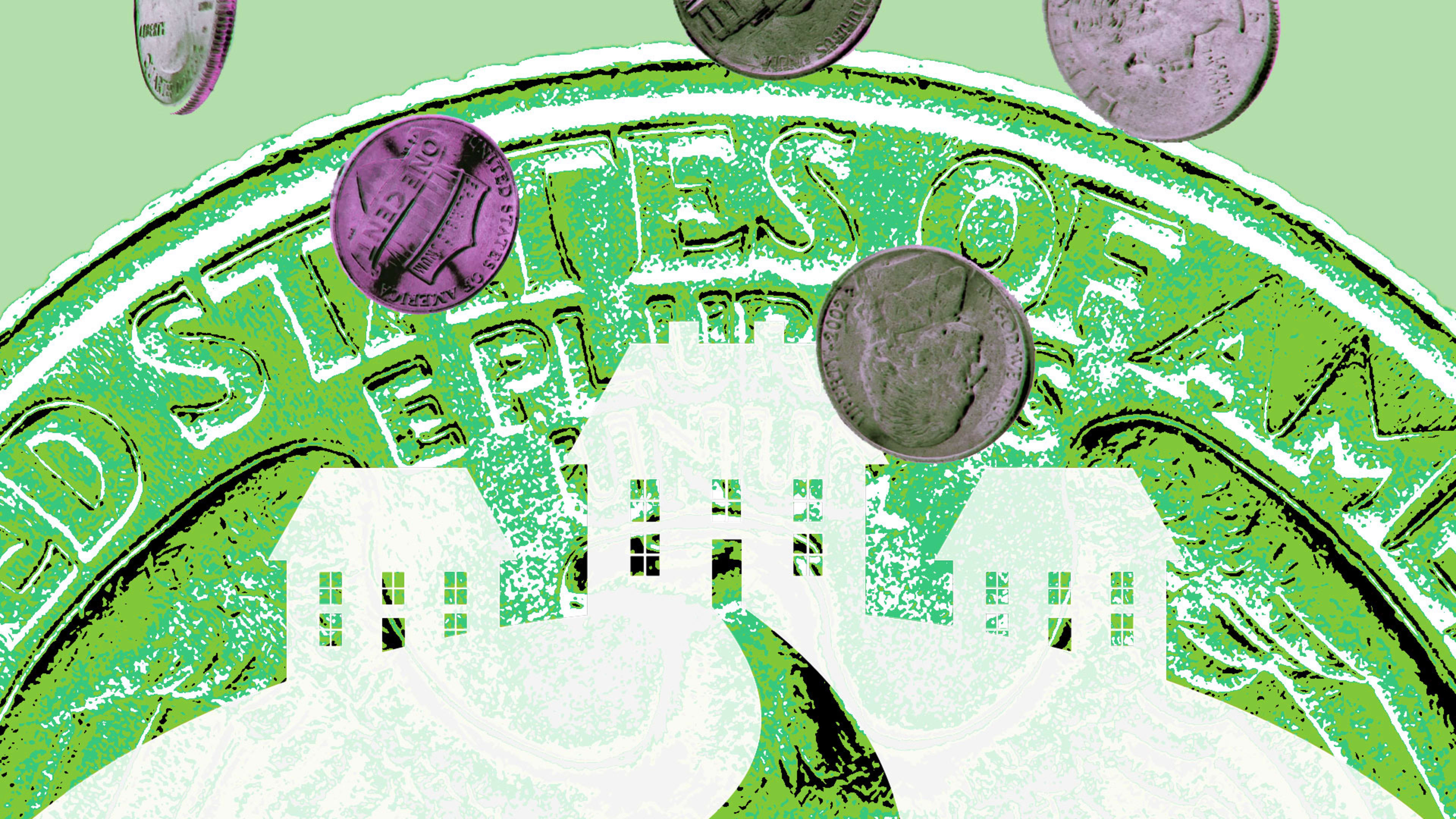As a society, we are conditioned to be acquisitive. New is great. More is better. Bigger is best. But when faced with real challenges, purchasing reverts to the bottom end of Maslow’s hierarchy: food > shelter > safety health, and we are left to reevaluate what really is enough–from our money to our activities to our stuff.
In the U.S., 70% of the GDP is made up of consumer spending. Our everyday purchases, large and small, drive value for the economy and the markets. And right now, our everyday purchases are being significantly curtailed by quarantine, income instability, and–for tens of millions of people–unemployment.
Even for those lucky enough to still be on a salary, spending patterns have changed significantly. Spending is up at grocery stores and for some home goods, and it’s down pretty much everywhere else. New lifelong habits can be formed in a few short months.
As some of us approach that new-habit milestone in our strange new normal, we are faced with two real-time questions:
- Will these changes be permanent by circumstance or by choice?
- And, in our consumption-driven society, how much, really, is enough?
What is enough
In a post-COVID-19 world, will the people who paid hundreds of dollars for gyms be okay with running outside in the long term? Will the restaurant-loving foodie who once used their fridge for booze and nail polish storage continue with their newfound cooking skills and eat at home more? Will avid moviegoers be okay with streaming content instead of regular multiplex visits?
Our money: For many, the current societal and economic crisis may have been the first time they took a good hard look at their finances: what’s coming in, what’s going out, and how much is in savings. One habit worth keeping is putting away extra money, spending within a budget, and taking an active role in our financial future.
Our activities: Quarantine has curtailed what activities we can do, but as restrictions are lifted, we will have to evaluate what activities are worth it and what is too much. I’ll be opting for more unstructured playtime rather than packing my kids’ schedules with activities from sunrise to sunset.
Our stuff: It would seem that the tired stereotype of the broke millennial who values meaningful experiences over the “stuff” of traditional consumption may actually be the new normal. I’m already a minimalist at heart (except for my running shoe collection and love of books), but moving forward, I will be looking at how I can better support small, independent makers and retailers who have suffered significant harm during this crisis.
It remains to be seen if frugality will become cool. Or if luxury goods will become redundant. Or if conspicuous consumption will be reviled. And it remains to be seen if the answer to “How much is enough?” will continue to evolve.
Expectations are changing
This is not just about consumption. Our expectations of service providers may have changed for the long term as well. Take banks, for example. Given that a significant proportion of bank branch visits before COVID-19 were to deposit a single check, will there be a role for the branch moving forward beyond being financial intermediaries?
Now, more than ever, we need financial institutions to advocate for us, to help us delay obligations if we can’t meet them, and to process loans quickly for our small businesses. These newfound advocacy muscles will come in handy in the coming weeks and months.
Beyond banking, our higher expectations will likely extend to demand that our grocery stores and restaurants continue to offer curbside pickup and that our medical providers continue to provide telehealth at scale. Necessity is the mother of innovation, and there’s a whole lot of necessity right now.
COVID-19 will likely have a significant impact on our long-term spending and saving habits as we take a hard look at what’s really enough. If history teaches us anything, we will likely see larger societal changes that will impact every facet of our life as we navigate the new normal.
Jane Barratt is the chief advocacy officer at MX.
Recognize your brand’s excellence by applying to this year’s Brands That Matter Awards before the early-rate deadline, May 3.
